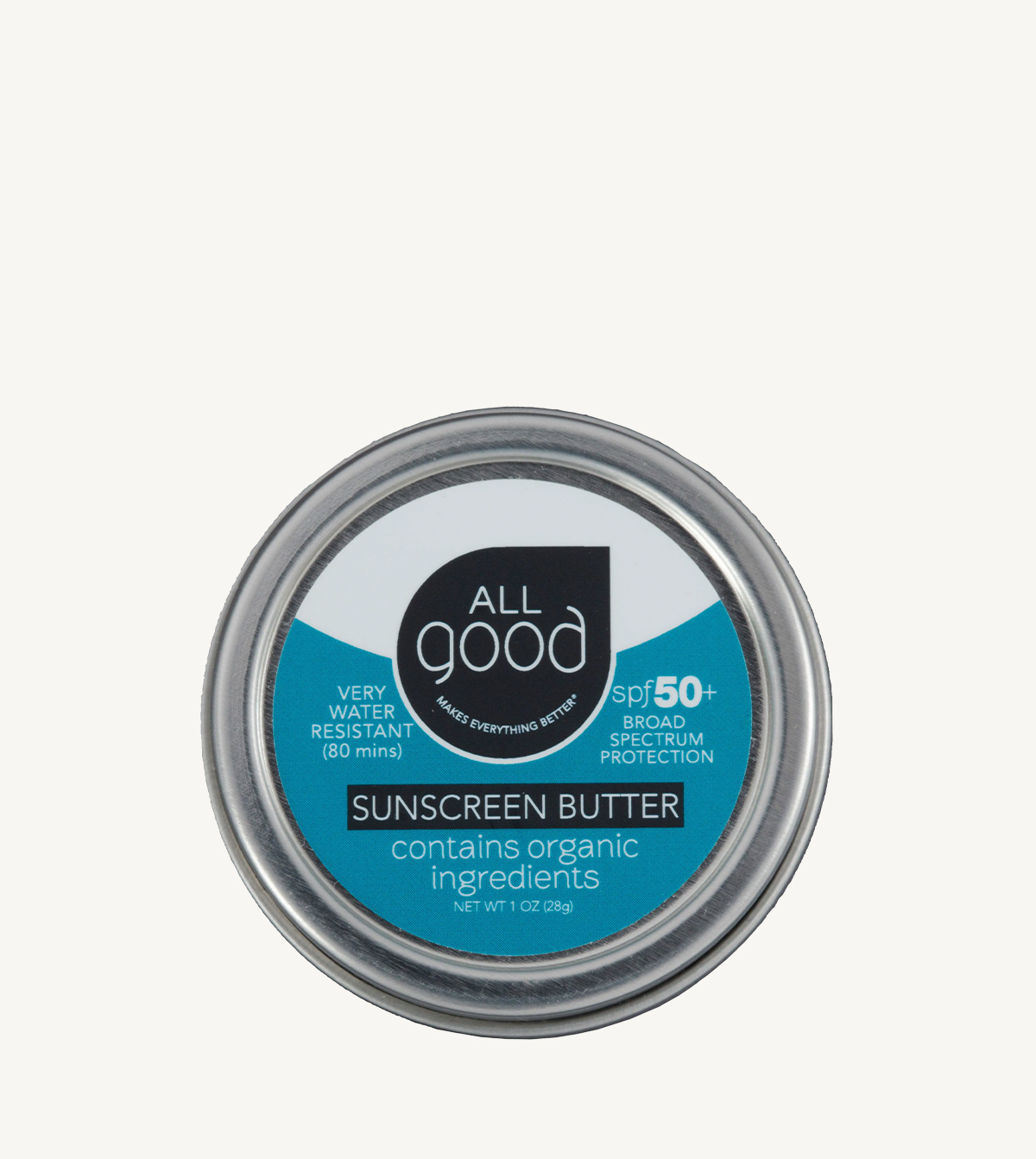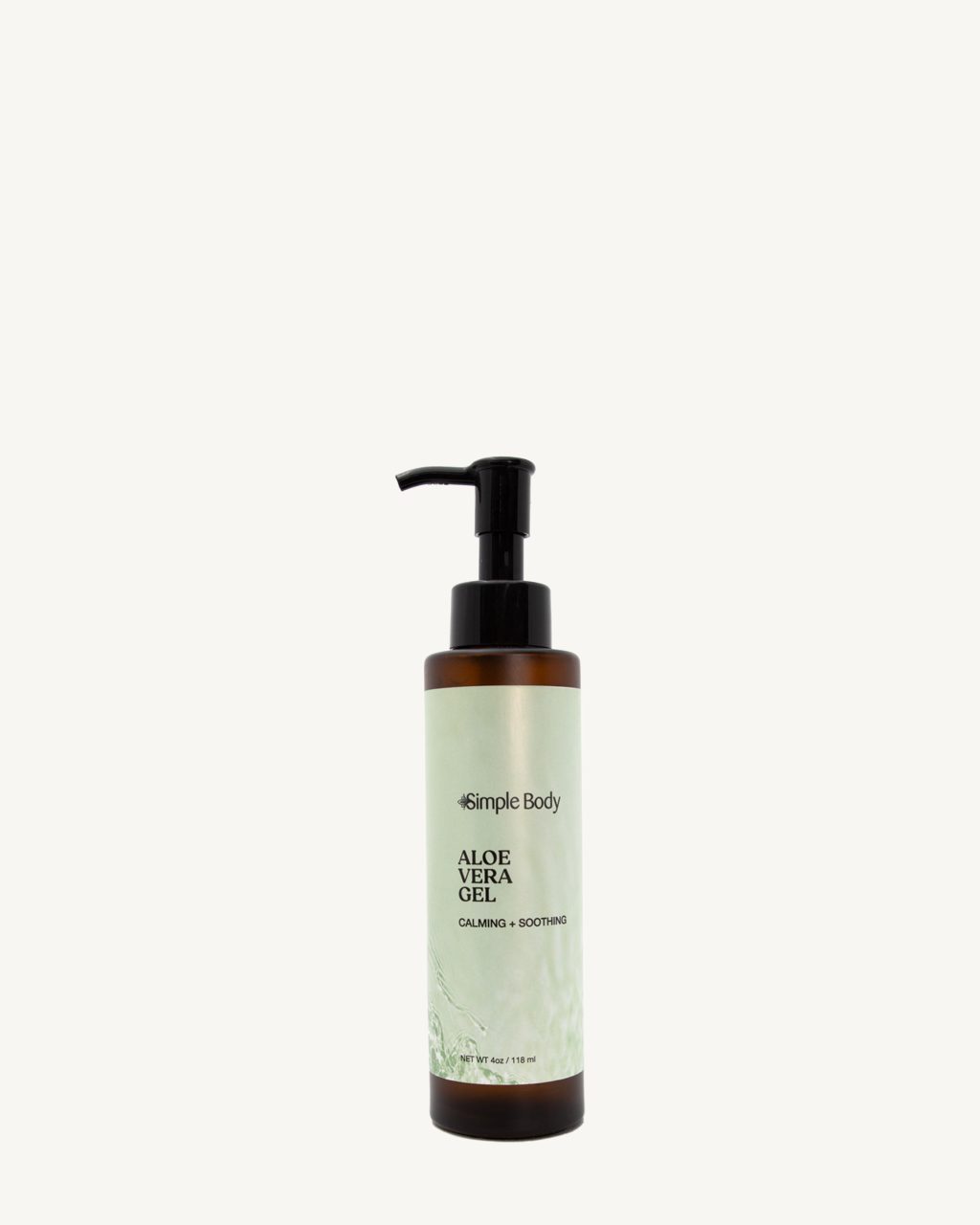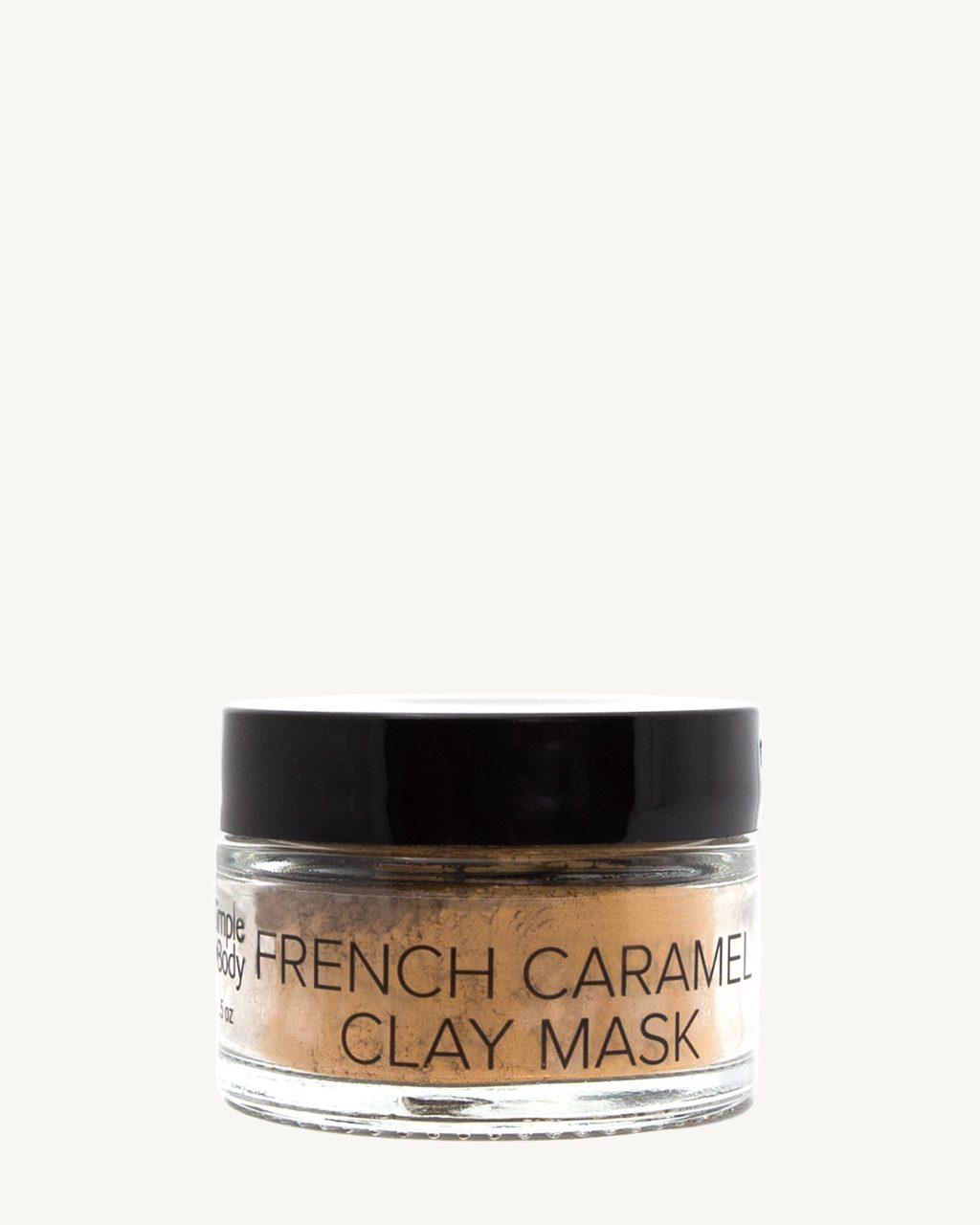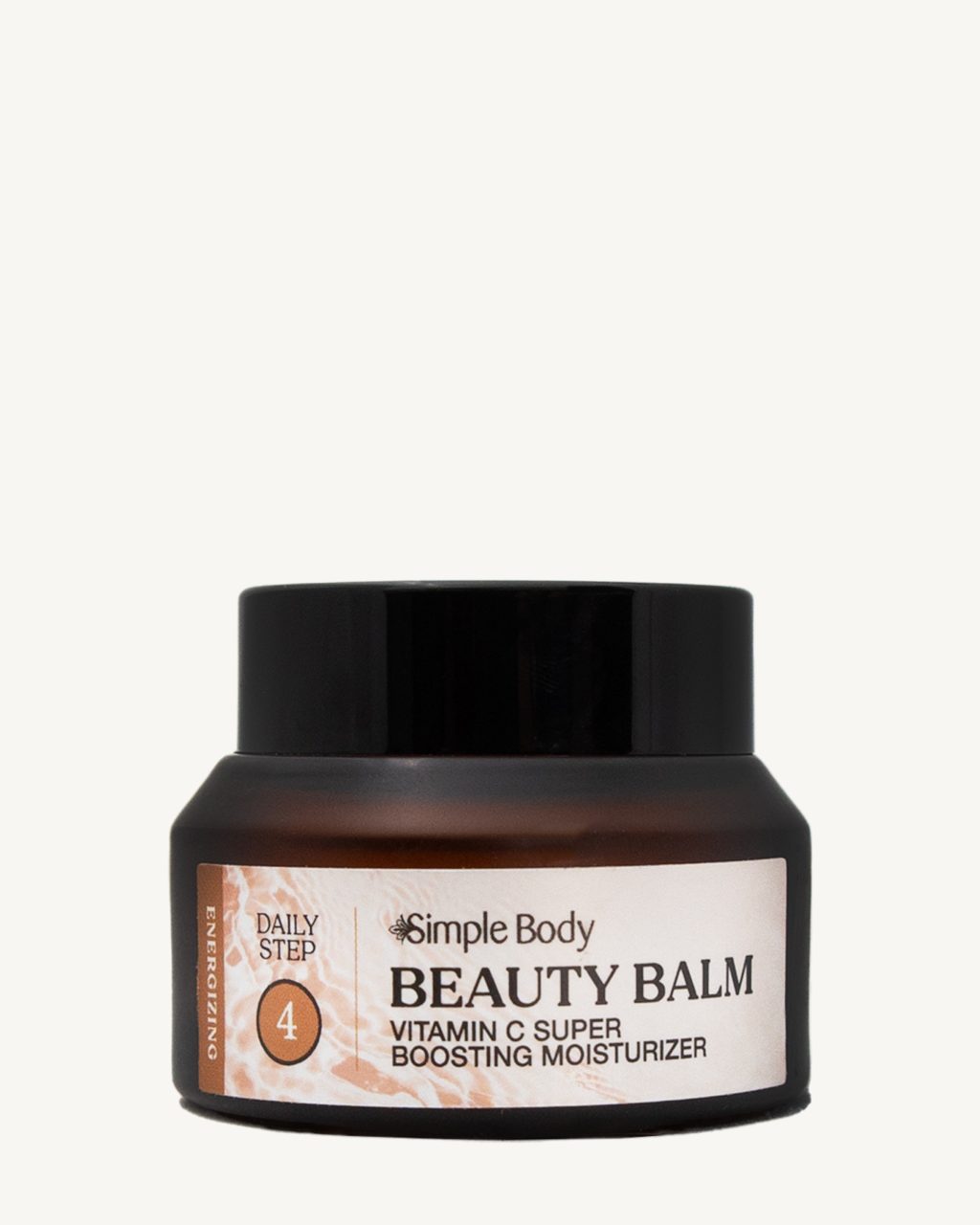Sunscreen Butter, 50+SPF
Smooth, creamy, organic
$10.00
Availability: In stock
Smooth, creamy, and organic. No, we’re not talking about guacamole – we’re referencing All Good SPF 50 Mineral Sunscreen Butter. Made from organic ingredients and zinc oxide, this reef-friendly butter physically blocks UVA/UVB rays and goes on thick to protect your skin in the most extreme environments (even if that extreme environment is your community pool)
- Topical mineral sunscreen for the face and body
- Strong UVA/UVB broad-spectrum sun protection
- Oxybenzone-free, made with only Reef Friendly ingredients
- Great for extreme weather, even greater for sensitive skin
- Very Water Resistant (80 minutes)
Smooth, creamy, and organic. No, we’re not talking about guacamole – we’re referencing All Good SPF 50 Mineral Sunscreen Butter. Made from organic ingredients and zinc oxide, this reef-friendly butter physically blocks UVA/UVB rays and goes on thick to protect your skin in the most extreme environments (even if that extreme environment is your community pool)
- Topical mineral sunscreen for the face and body
- Strong UVA/UVB broad-spectrum sun protection
- Oxybenzone-free, made with only Reef Friendly ingredients
- Great for extreme weather, even greater for sensitive skin
- Very Water Resistant (80 minutes)
Ingredients
ACTIVE INGREDIENT: ZINC OXIDE, 25% (Non-nanoparticle).
INACTIVE INGREDIENTS: organic cocos nucifera (COCONUT) Oil, organic cera alba (BEESWAX), organic calendula officinalis (CALENDULA) flowers infused in organic simmondsia chinensis (JOJOBA) seed oil, non-GMO tocopherol (VITAMIN E).
How to Use
Apply as needed all over. This sunscreen butter is super hydrating and easy to blend thanks to coconut oil and jojoba oil, this sunscreen doesn’t leave your skin greasy and won’t clog your pores
Warnings
The FDA is asking for more safety data on 12 additional active sunscreen ingredients in order to determine whether they can be classified as GRASE. We’ll do our best to keep you informed as soon as we hear more!
You may also like…
-
Clay Face Masks
$16.00 — or subscribe and save up to 15% Select options This product has multiple variants. The options may be chosen on the product page






